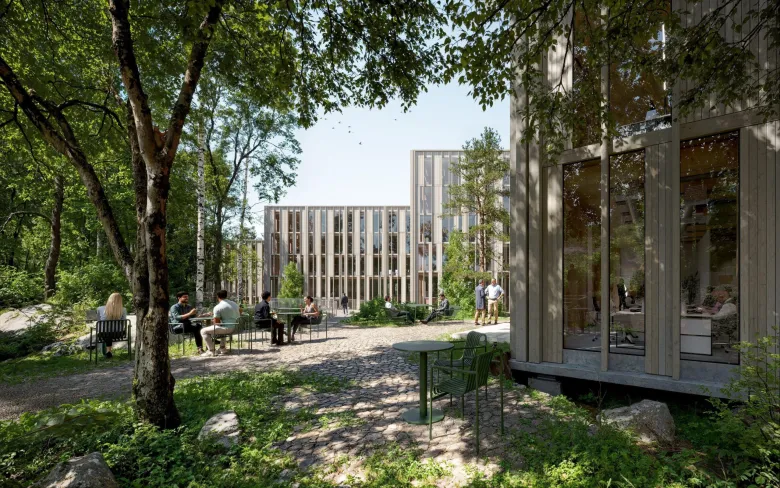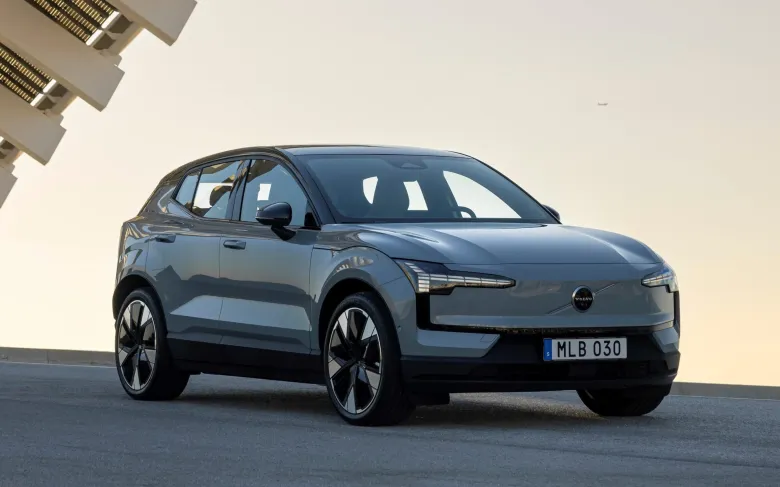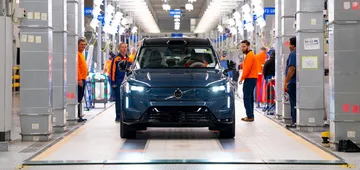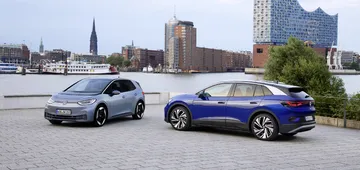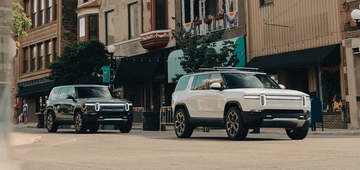Inside the Volvo Innovation Centre: Redefining Automotive Technologies
Volvo Cars' initiative to establish the Mobility Innovation Destination Torslanda marks a significant step forward in the automotive industry's journey towards sustainable and technologically advanced mobility solutions. Located near the heart of Volvo's operations in Gothenburg, Sweden, the Volvo Innovation Centre is poised to become a critical hub for testing and developing emerging technologies that promise to redefine the automotive landscape. This initiative is not just a testament to Volvo's commitment to its electrification journey and the development of premium electric vehicles but also a recommitment to its nearly century-old roots in Gothenburg.
At the core of the Volvo Innovation Centre's mission is the creation of a city-like environment where future societal integration of vehicles can be emulated and tested. This approach allows Volvo to move beyond traditional lab and development centre confines, testing innovations such as wireless car charging, vehicle-to-grid bi-directional charging, and self-driving capabilities in real-world settings. This strategic move is designed to accelerate the validation and deployment of new technologies, ensuring that Volvo's vehicles remain at the forefront of safety, efficiency, and connectivity.
Jim Rowan, Chief Executive of Volvo Cars, envisions the Volvo Innovation Centre as an ecosystem where the future of mobility, including vehicle technology and surrounding infrastructure, can be collaboratively developed. This ambition to pioneer technology, attract global talent, and foster connections with cutting-edge businesses underscores Volvo's broader strategy to lead in the transition to sustainable mobility and technological innovation.
The construction of new buildings and facilities across the road from Volvo's existing campus in Torslanda is a testament to the company's strategic investment in this vision. In collaboration with Vectura Fastigheter and Next Step Group, Volvo aims to construct modern offices and spaces conducive to innovation and collaboration. This expansion is critical to Volvo's goal of becoming fully electric by 2030 and establishing itself as an industry leader in new technology and sustainable mobility practices.
Sustainability is a key pillar of the Volvo Innovation Centre's development strategy. The first new construction, a 25,000 square meter wood hybrid building, exemplifies Volvo's commitment to reducing its carbon footprint, aiming for a 15 percent reduction compared to traditional construction materials. This initiative not only advances Volvo's environmental goals but also contributes to the Gothenburg Green City Zone initiative, a collaborative effort to achieve emission-free transport by 2030.
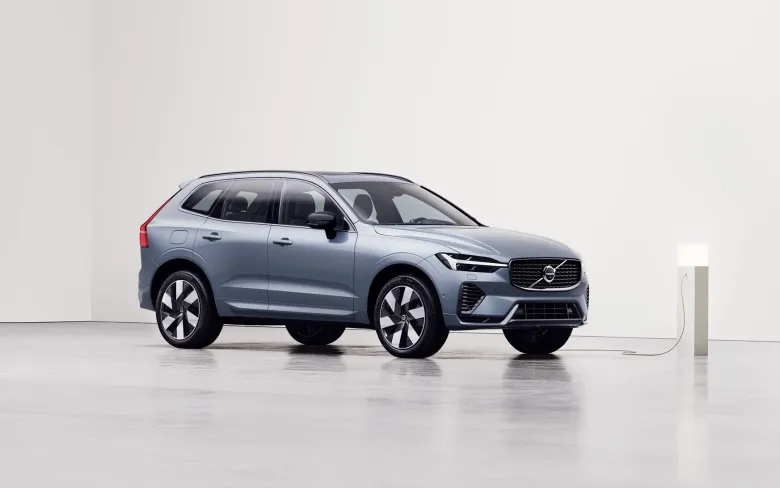
The Volvo Innovation Centre is part of a larger ecosystem that includes a robust engineering presence in Gothenburg, with facilities for manufacturing, design, testing, and development. The recent investments in the Torslanda plant and the construction of a new battery plant with Northvolt highlight Volvo's dedication to leading the shift towards fully electric car production. These efforts, combined with the establishment of Tech Hubs and engineering centres around the world, position the Volvo Innovation Centre as a crucial node in a global network of innovation, driving the future of mobility towards a more sustainable and technologically advanced horizon.
The Mobility Innovation Destination Torslanda by Volvo Cars, while forward-looking in its approach to automotive innovation and sustainability, also presents potential challenges. The project's focus on developing and testing new technologies in real-world environments necessitates significant investment and resource allocation. There's a risk that the emphasis on cutting-edge technology could overshadow immediate concerns related to cost, infrastructure readiness, and the broader adoption of such technologies by the market. Additionally, the project's ambitious sustainability targets, while commendable, may face hurdles in implementation and measuring real-world impact, given the complexity of integrating these technologies into existing urban frameworks. Balancing innovation with practicality and market readiness will be crucial for the initiative's success.
Discover the reasons behind the Volvo EX90's inclusion in the list of the best seven-seater electric SUVs of 2023, focusing on its achievements.
Last year, Volvo Car USA partnered with Starbucks to launch a pioneering electric vehicle (EV) fast-charging network at selected Starbucks locations across the United States.
Source: Volvo


